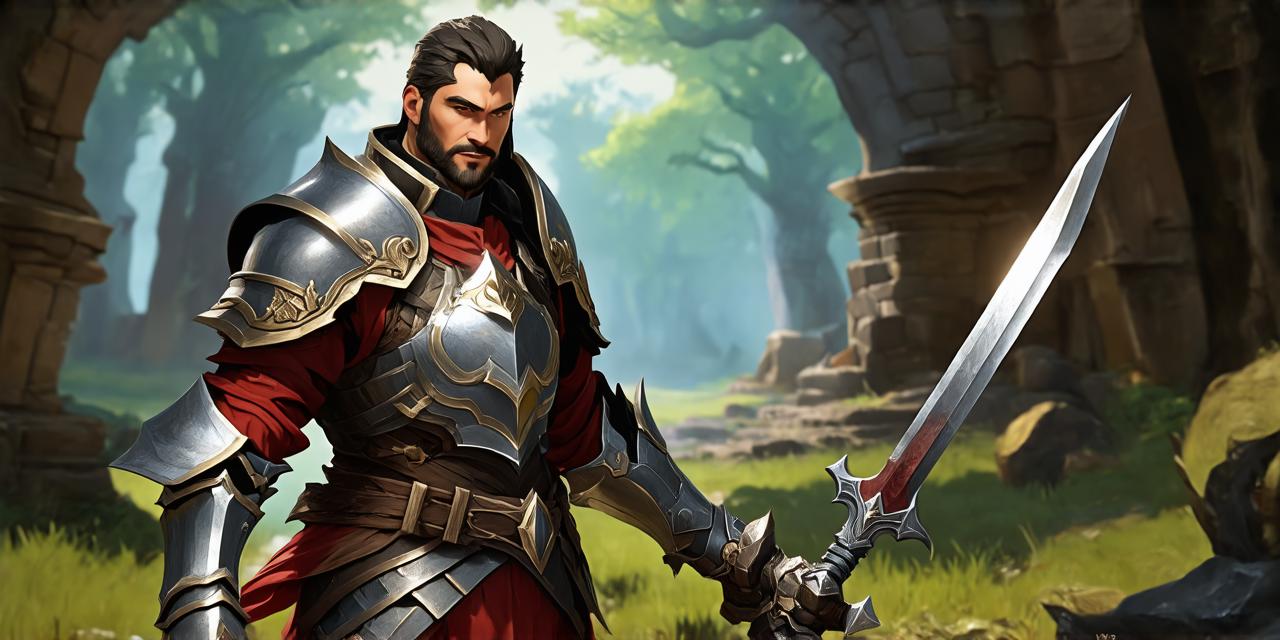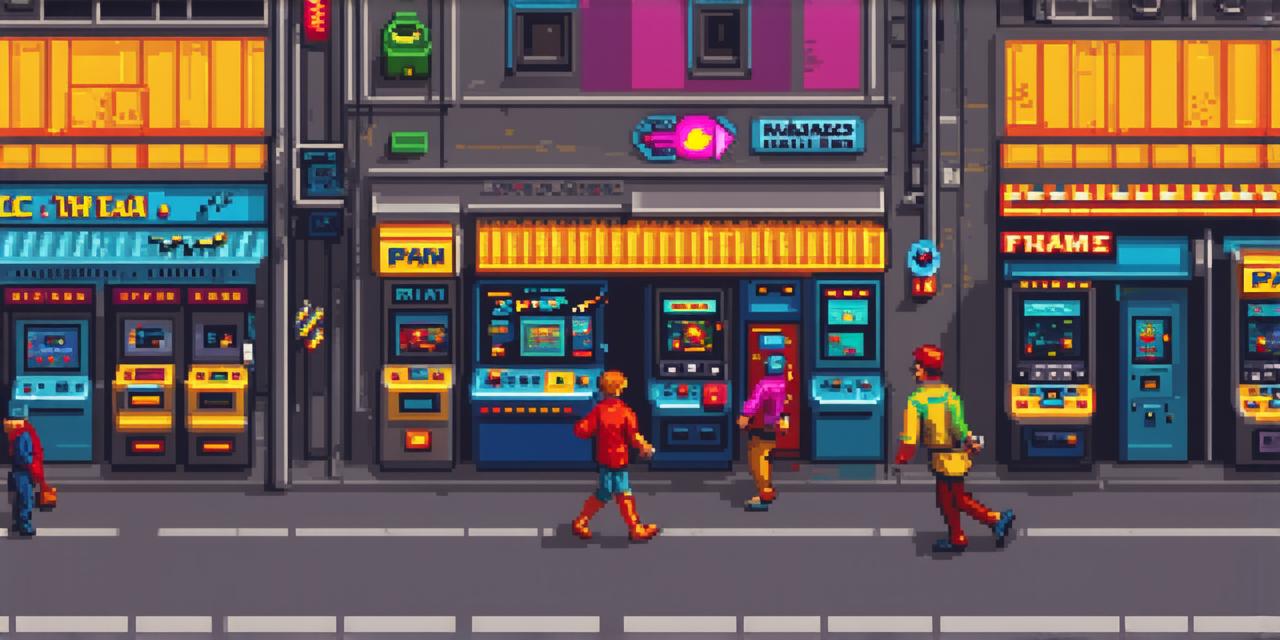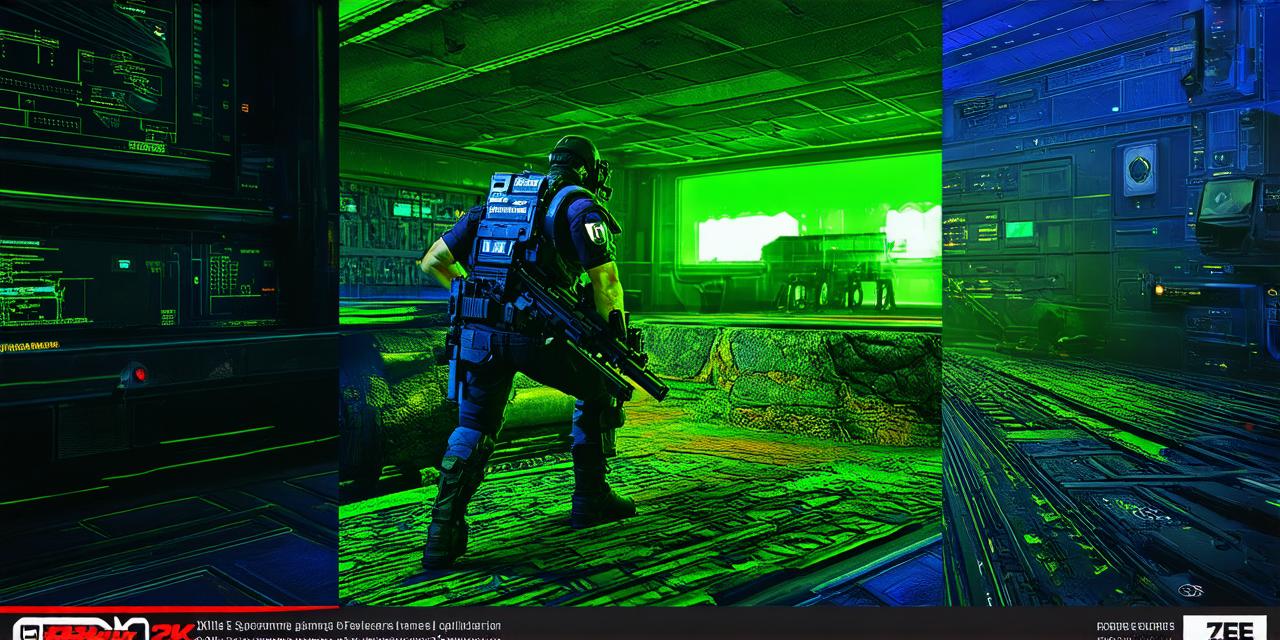As an RPG developer, you have the opportunity to create a unique and engaging game that can capture the imagination of players for hours. However, developing an RPG is not an easy task. It requires creativity, planning, and execution.
In this article, we will explore the development process of an RPG and provide tips on how to optimize your game for success.
The Development Process:
Developing an RPG involves several stages that need to be carefully planned and executed. These stages include conceptualization, design, programming, testing, and launch.
Conceptualization:
The first stage in the development process is conceptualization. This is where you come up with the initial idea for your game. During this stage, you need to determine the game’s setting, characters, story, and mechanics. You should also decide on the game’s genre (e.g., fantasy, sci-fi, horror) and target audience.
Design:
Once you have a clear concept of your game, it’s time to move on to the design stage. This is where you create the game’s rules, mechanics, and graphics. You should also design the game’s user interface (UI) and ensure that it is easy to use and understand.
Programming:
During the programming stage, you need to write code that will bring your game’s concept and design to life. This includes creating the game’s AI, character models, and animations. You should also develop the game’s backend systems, such as the database and server infrastructure.
Testing:
Before launching your game, it is essential to thoroughly test it to ensure that it runs smoothly and is free from bugs. This stage involves unit testing, integration testing, system testing, and user acceptance testing (UAT). You should also conduct playtesting to gather feedback from potential players.
Launch:
Once you have completed the development process and tested your game thoroughly, it’s time to launch it. You should create a marketing plan that includes social media campaigns, influencer partnerships, and PR outreach. You should also develop a pricing strategy that is competitive and attractive to your target audience.
Optimizing Your Game for Success:
To ensure that your RPG reaches its full potential, you need to optimize it for success. Here are some tips on how to do this:
- Know Your Audience: Understanding your target audience is crucial to developing a successful RPG. You need to know what they like and dislike, what motivates them, and what type of gameplay they prefer. You can gather this information through market research, surveys, and focus groups.
- Keep It Simple: RPGs can be complex, but it’s essential to keep the core mechanics simple and easy to understand. Players should be able to pick up your game quickly and start playing without needing extensive tutorials or documentation.
- Provide Regular Updates: Regular updates are essential to keeping your players engaged and motivated to continue playing your game. You should release new content, fix bugs, and add features based on player feedback.
- Focus on Replayability: RPGs that offer high replayability tend to perform better in the long run. This means creating a game that allows players to make different choices and see how their actions affect the outcome of the story.
- Leverage Social Media: Social media is an excellent tool for promoting your RPG and engaging with your audience. You should create social media accounts on platforms such as Twitter, Facebook, Instagram, and Discord. You can use these accounts to share updates, teasers, and behind-the-scenes content.
- Partner With Influencers: Influencer partnerships can be an effective way to promote your RPG and reach new audiences. Look for influencers in the gaming community who have a large following and are passionate about RPGs. You can collaborate with them on social media campaigns, giveaways, or even create content together.
Case Studies:
Let’s look at some real-life examples of successful RPG development to see how these tips can be applied in practice.
World of Warcraft
World of Warcraft is one of the most successful MMORPGs of all time. It was launched in 2004 and has since amassed a massive player base. One of the reasons for its success is its focus on social interaction and community building. Players can join guilds, form alliances, and participate in group events such as raids and dungeons.
The Elder Scrolls V: Skyrim
The Elder Scrolls V: Skyrim was released in 2011 and quickly became one of the best-selling RPGs of all time. One of its key features is the open-world exploration, which allows players to discover new content and side quests at their own pace.
Final Fantasy VII Remake

The remake of the classic JRPG, Final Fantasy VII, was released in 2020 to critical acclaim. One of its standout features is the revamped combat system, which combines elements of traditional turn-based RPGs with real-time action.




